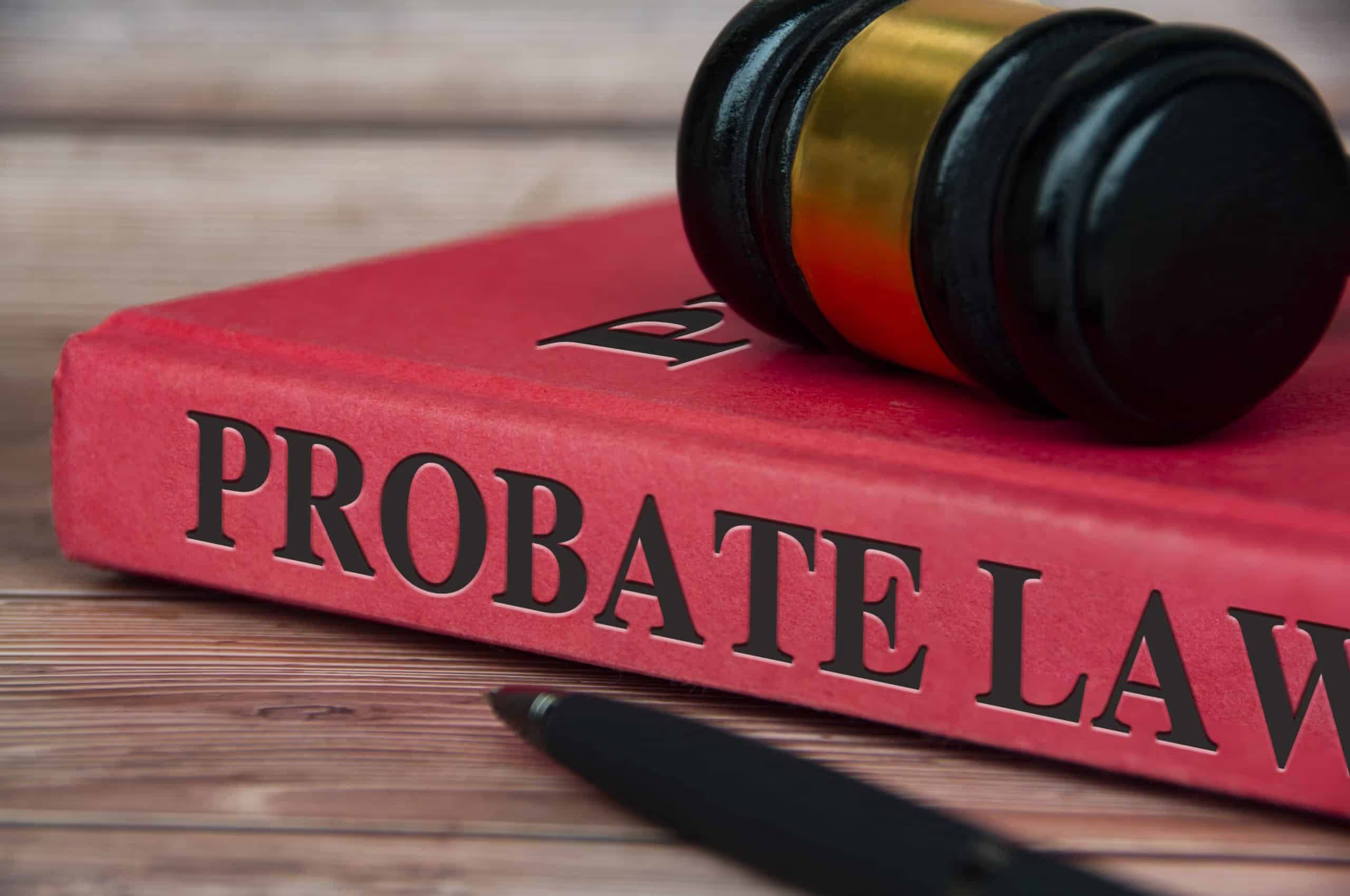Dying without a will, known legally as dying intestate, means the state decides how your assets are distributed. Without written instructions, your property, money, and personal belongings are divided according to strict laws—not personal relationships or verbal wishes. Understanding how intestate succession works can help families avoid confusion and motivate you to create a proper estate plan.

What Does “Dying Intestate” Mean?
When someone dies intestate, there is no valid will guiding how their assets should be handled. The probate court steps in to appoint an administrator to manage the estate. This person performs the same duties as an executor but must follow state intestacy laws to determine who inherits.
The process is designed to ensure fairness, but it often fails to reflect the deceased person’s true intentions.
How Assets Are Distributed Without a Will
Every state has intestacy laws that specify who inherits when there’s no will. Generally, assets are divided among the surviving spouse, children, and other relatives in a specific order.
Common distribution order:
- Spouse and children share the estate, with portions depending on state law
- If no spouse exists, the entire estate goes to the children
- If no children exist, it may go to parents, siblings, or more distant relatives
- If no relatives are found, the estate eventually passes to the state
This rigid order leaves no room for personal decisions, meaning unmarried partners, stepchildren, or close friends typically receive nothing.

What Assets Are Affected
Not all assets go through intestate probate. Some property transfers automatically to designated beneficiaries or co-owners.
Assets typically bypassing intestacy:
- Jointly owned real estate or bank accounts
- Life insurance policies with named beneficiaries
- Retirement accounts like IRAs and 401(k)s
- Assets held in a living trust
Everything else, including personal property, vehicles, or real estate held solely in the deceased’s name, is subject to intestate probate.
Why Dying Without a Will Causes Problems
When no will exists, it creates uncertainty that can lead to family disputes and long delays in distributing assets.
Common issues include:
- Disagreements between relatives about what the deceased wanted
- Financial hardship for dependents waiting for court decisions
- Assets sold to pay debts or legal fees
- Stepchildren or partners left without inheritance
- Loss of privacy because the process becomes part of public record
A will prevents these complications by clearly outlining your wishes and naming someone you trust to handle your estate.
What Happens to Minor Children
If a parent dies without a will, the court decides who will care for any minor children. While family members can petition for guardianship, the process can be emotionally challenging and may not align with the parent’s original preference. Naming a guardian in a will ensures children are cared for by someone you trust.

What If There Are Debts
An estate’s debts must be paid before any inheritance is distributed. The administrator is responsible for identifying creditors, paying valid claims, and settling taxes. If the estate’s assets are insufficient, some debts may remain unpaid. Family members are generally not personally responsible unless they co-signed loans or shared ownership.
How Probate Works Without a Will
When someone dies intestate, probate still occurs—but without the guidance of a will. The court follows state law to distribute property, which can extend the timeline and increase expenses. In California, the process typically takes six months to a year, depending on the estate’s complexity and whether disputes arise.
How to Prevent Intestacy
The best way to avoid intestacy is by creating a valid will or living trust. These documents let you decide who receives your property, who manages your estate, and who cares for your dependents. They also help minimize taxes, reduce court involvement, and speed up the transfer of assets.
Reviewing your estate plan every few years ensures it stays current with your financial and family circumstances.
Why Legal Guidance Matters
Even when there’s no will, families still have legal options to protect assets and settle the estate efficiently. A probate attorney can guide you through filing the necessary petitions, managing debts, and distributing property in compliance with California law.
If a loved one died without a will or you need help creating one, contact an experienced probate attorney in Los Angeles, CA. They can help you navigate the legal process and ensure your family’s interests are protected.



























